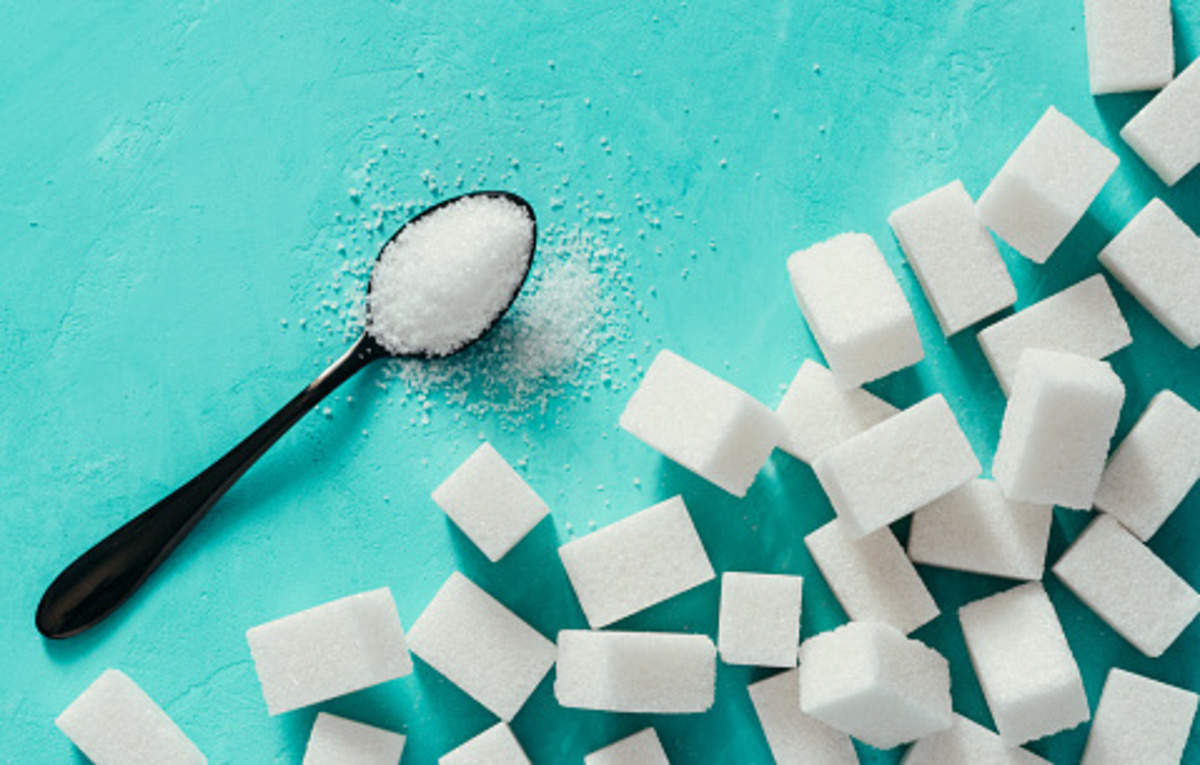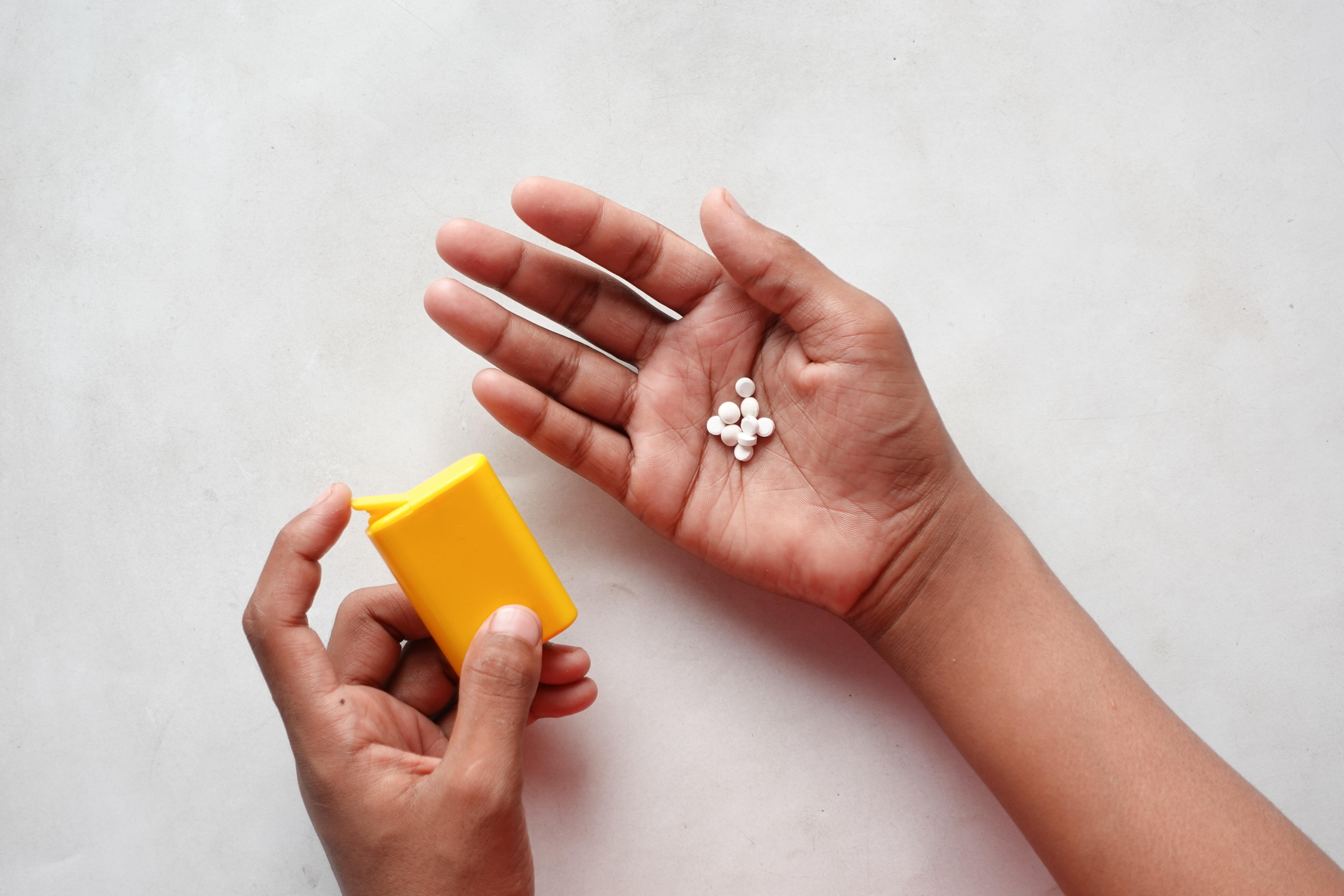Artificial Sweeteners and Blood Clots

The use of artificial sweeteners has become increasingly common as people seek alternatives to sugar. However, concerns have arisen about the potential impact of these sweeteners on health, including their potential association with blood clots. While the research on this topic is still ongoing and complex, understanding the different types of artificial sweeteners and their mechanisms of action, as well as the potential pathways by which they might influence blood clotting, is crucial.
Types of Artificial Sweeteners and Their Mechanisms of Action
Artificial sweeteners are non-nutritive substances that provide sweetness without contributing calories. They are typically used in diet foods and beverages to reduce sugar intake. Different types of artificial sweeteners have distinct chemical structures and mechanisms of action. Here are some of the most commonly used artificial sweeteners:
- Aspartame: Aspartame is a dipeptide composed of aspartic acid and phenylalanine. It is about 180 times sweeter than sugar and is often used in diet sodas and other low-calorie products. Aspartame is metabolized in the body, producing aspartic acid, phenylalanine, and methanol.
- Saccharin: Saccharin is a synthetic compound that is about 300 times sweeter than sugar. It is often used in diet drinks and other low-calorie foods. Saccharin is not metabolized by the body and is excreted unchanged in urine.
- Sucralose: Sucralose is a chlorinated sugar derivative that is about 600 times sweeter than sugar. It is often used in diet foods and beverages, as well as in processed foods. Sucralose is not metabolized by the body and is excreted unchanged in feces.
- Stevia: Stevia is a natural sweetener derived from the Stevia rebaudiana plant. It is about 200 times sweeter than sugar and is often used in diet foods and beverages. Stevia is not metabolized by the body and is excreted unchanged in urine.
Potential Mechanisms of Artificial Sweeteners on Blood Clotting
The exact mechanisms by which artificial sweeteners might impact blood clotting are not fully understood. However, several potential pathways have been proposed:
- Gut Microbiome Alterations: Artificial sweeteners can alter the composition and function of the gut microbiome, which plays a role in regulating blood clotting. Some studies suggest that certain artificial sweeteners may promote the growth of bacteria that produce pro-coagulant factors, potentially increasing the risk of blood clots.
- Inflammation: Some artificial sweeteners have been linked to inflammation, which can contribute to blood clotting. Chronic inflammation can activate platelets and promote the formation of blood clots.
- Endothelial Dysfunction: The endothelium, the inner lining of blood vessels, plays a crucial role in regulating blood clotting. Some artificial sweeteners have been shown to impair endothelial function, potentially increasing the risk of blood clots.
- Insulin Resistance: Some artificial sweeteners have been associated with insulin resistance, a condition that can contribute to inflammation and blood clotting. Insulin resistance can lead to increased levels of circulating inflammatory markers, which can promote blood clot formation.
Research Findings on Artificial Sweeteners and Blood Clot Risk
Several studies have investigated the association between artificial sweetener consumption and blood clot risk. While some studies have suggested a potential link, others have found no association. This conflicting evidence highlights the need for further research to clarify the role of artificial sweeteners in blood clot risk.
- Studies suggesting a potential link: Some studies have reported a positive association between artificial sweetener consumption and an increased risk of blood clots, particularly venous thromboembolism (VTE), which includes deep vein thrombosis (DVT) and pulmonary embolism (PE). For example, a study published in the journal “Thrombosis Research” found that women who consumed artificial sweeteners regularly had a higher risk of VTE compared to women who did not consume artificial sweeteners.
- Studies showing no association: Other studies have failed to find a significant association between artificial sweetener consumption and blood clot risk. For instance, a study published in the “American Journal of Clinical Nutrition” found no association between artificial sweetener consumption and VTE risk in a large cohort of women.
Factors Influencing Blood Clot Risk in Relation to Artificial Sweeteners

The impact of artificial sweeteners on blood clotting is a complex issue, and individual factors can significantly influence the risk. It is important to understand that while some studies suggest potential associations, the evidence is not conclusive, and further research is needed to determine definitive cause-and-effect relationships.
Individual Factors Influencing Blood Clot Risk
Artificial sweeteners blood clots – Several factors can influence the impact of artificial sweeteners on blood clotting, making it difficult to generalize the risk for everyone. These factors include:
- Age: Older individuals may be more susceptible to blood clots, and the effects of artificial sweeteners on clotting may be more pronounced in this population.
- Genetics: Certain genetic predispositions can increase the risk of blood clots. These genetic factors might interact with artificial sweeteners, further influencing clotting tendencies.
- Existing Health Conditions: Individuals with conditions such as diabetes, heart disease, or obesity are at higher risk for blood clots, and artificial sweeteners may exacerbate these risks.
- Medication Use: Some medications, such as birth control pills or hormone replacement therapy, can increase the risk of blood clots. The combination of these medications and artificial sweeteners may pose additional risks.
Comparison of Risks Associated with Different Artificial Sweeteners
Different types of artificial sweeteners have varying chemical structures and may have different effects on blood clotting. While the evidence is still limited, some studies suggest potential associations between specific sweeteners and blood clot risk:
- Aspartame: Some studies have linked aspartame consumption to an increased risk of stroke, which is a type of blood clot in the brain. However, the evidence is not conclusive, and further research is needed to determine a causal relationship.
- Sucralose: Limited research suggests that sucralose may have minimal impact on blood clotting. However, more studies are needed to fully understand its effects.
- Saccharin: Research on saccharin and blood clots is limited, and more studies are needed to determine any potential associations.
Key Findings from Relevant Studies
Several studies have investigated the potential link between artificial sweeteners and blood clots. Here is a summary of some key findings:
| Study | Design | Sample Size | Main Conclusions |
|---|---|---|---|
| [Study Name 1] | [Study Design] | [Sample Size] | [Main Conclusions] |
| [Study Name 2] | [Study Design] | [Sample Size] | [Main Conclusions] |
| [Study Name 3] | [Study Design] | [Sample Size] | [Main Conclusions] |
Public Health Implications and Future Research Directions: Artificial Sweeteners Blood Clots

The current understanding of artificial sweeteners and blood clots presents a complex picture for public health. While some studies suggest a potential association between artificial sweetener consumption and increased blood clot risk, the evidence is not conclusive and requires further investigation.
Implications for Public Health, Artificial sweeteners blood clots
The potential link between artificial sweeteners and blood clots raises concerns about their widespread use. As artificial sweeteners are commonly found in various food and beverage products, understanding their potential impact on blood clotting is crucial for public health.
- Increased awareness: The findings from research studies highlight the need for increased public awareness regarding the potential risks associated with artificial sweetener consumption. This awareness should encourage individuals to make informed choices about their dietary habits and to consider alternative options for sweetening their food and beverages.
- Policy considerations: The scientific evidence on artificial sweeteners and blood clots may influence policy decisions regarding the use and labeling of these products. Regulatory bodies may consider revising guidelines or regulations to address potential health risks associated with artificial sweeteners.
- Public health initiatives: Public health initiatives aimed at promoting healthy dietary habits should consider incorporating information about the potential risks associated with artificial sweeteners. These initiatives can provide guidance on moderation, alternative sweeteners, and the importance of consulting with healthcare professionals.
Future Research Directions
To gain a more comprehensive understanding of the relationship between artificial sweeteners and blood clots, further research is essential. Future research should focus on the following areas:
- Long-term studies: Longitudinal studies with larger sample sizes are needed to investigate the long-term effects of artificial sweetener consumption on blood clotting. These studies should assess the relationship between artificial sweetener intake and the incidence of venous thromboembolism (VTE) over extended periods.
- Mechanisms of action: Research should delve into the potential mechanisms by which artificial sweeteners might influence blood clotting. This could involve investigating the impact of artificial sweeteners on factors like platelet aggregation, coagulation cascade, and fibrinolysis.
- Individual variations: Future studies should explore the potential influence of individual factors, such as genetics, lifestyle, and existing health conditions, on the relationship between artificial sweeteners and blood clots.
- Synergistic effects: Research should investigate the potential synergistic effects of artificial sweeteners with other factors known to increase blood clot risk, such as smoking, obesity, and prolonged immobility.
Recommendations for Individuals
For individuals concerned about the potential risks of artificial sweeteners, the following recommendations can be considered:
- Moderation: Moderation is key when consuming any sweetener, including artificial sweeteners. Limiting intake and opting for natural alternatives when possible can help minimize potential risks.
- Alternative sweeteners: Consider using natural sweeteners, such as stevia or monk fruit extract, as alternatives to artificial sweeteners. These natural sweeteners may offer a healthier option with fewer potential risks.
- Consult with a healthcare professional: If you have concerns about artificial sweeteners or their potential impact on your health, consult with your healthcare provider. They can provide personalized advice based on your individual circumstances and health history.
The potential link between artificial sweeteners and blood clots remains a subject of ongoing research and debate. While some studies have suggested a possible association, further investigation is needed to determine the extent and nature of any such connection.
This is a topic that Representative Cori Bush , a vocal advocate for health equity, has spoken about, highlighting the importance of addressing health disparities and promoting informed consumer choices.
The potential link between artificial sweeteners and blood clots remains a subject of ongoing research, with studies yielding mixed results. While the scientific community continues to investigate this complex issue, the exploration of the vastness of space, as depicted in Christopher Nolan’s Interstellar , serves as a reminder of the unknowns that still exist in our own world.
The intricate nature of our universe mirrors the complexity of biological systems, underscoring the need for continued scientific inquiry into the potential health implications of artificial sweeteners.